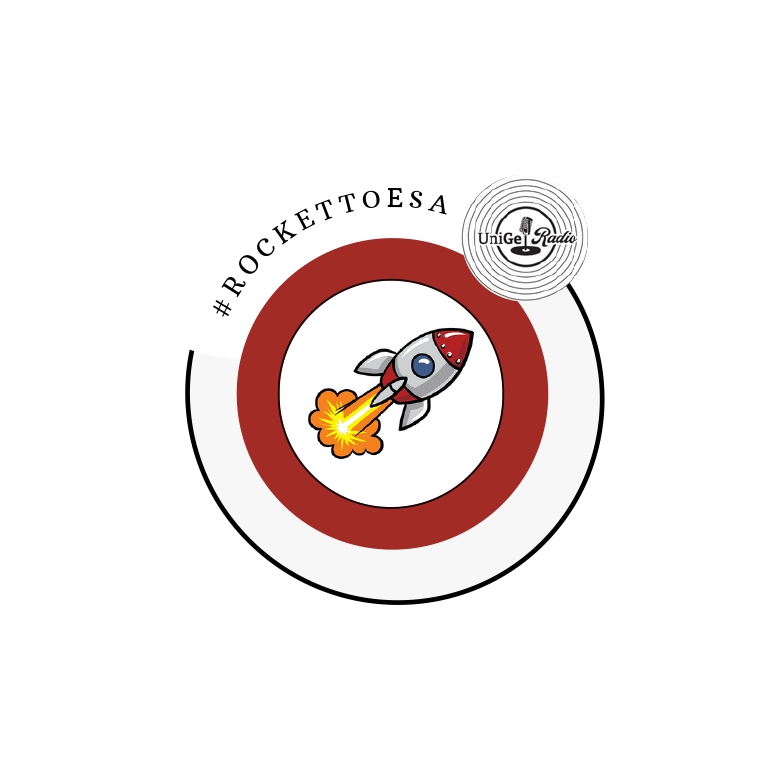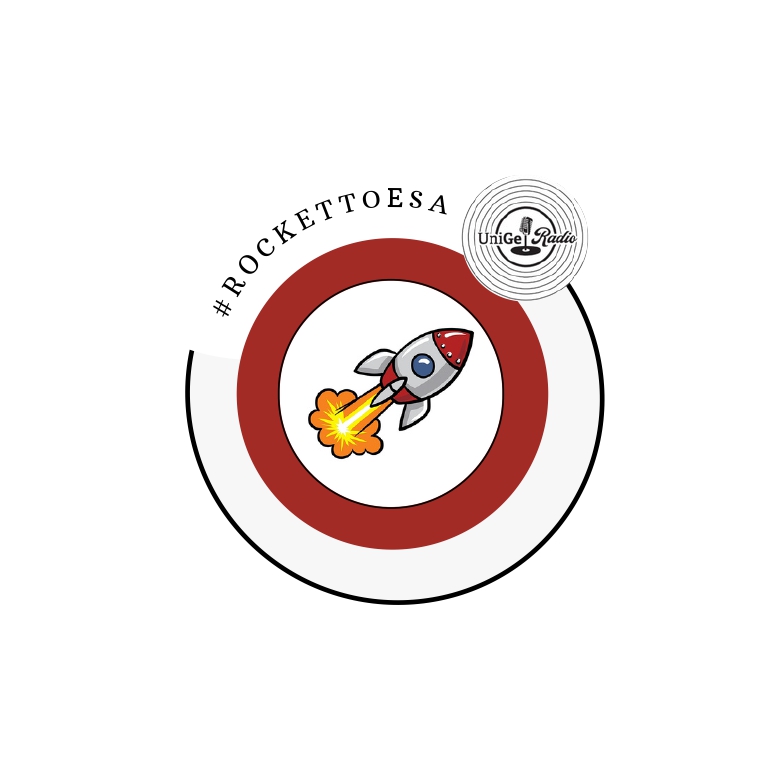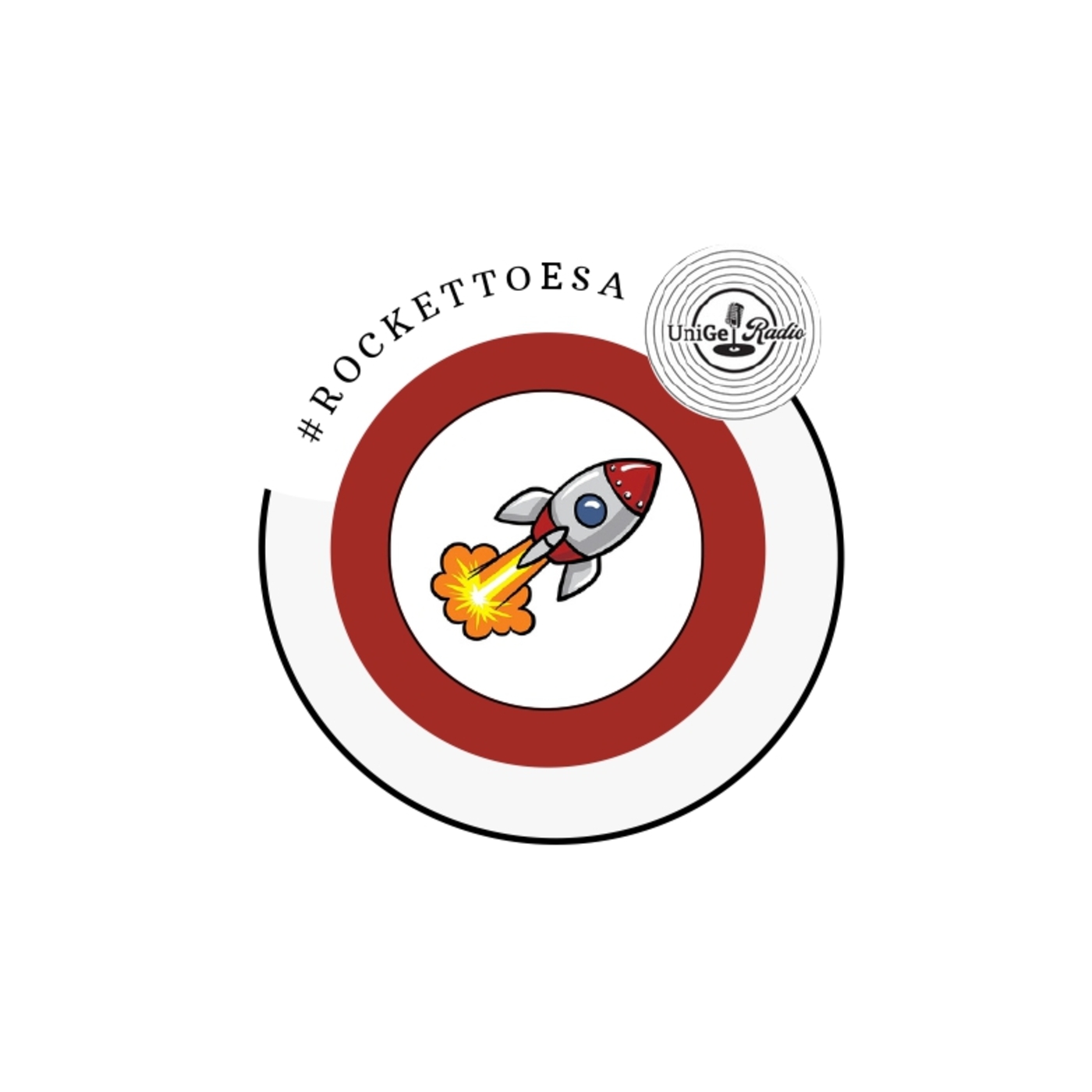Episode Transcript
Good morning everyone, welcome to UR podcast of UNIGE radio, from the University of Genoa, the harbour of your voice.
Here is Marta again, and I am glad to welcome you to the fifth episode of the “Rocket to #ESA2023” podcast. Thank you for being here again today, willing to discover more about my ESA experience. Let’s begin then!
After last week’ s episode, I left you with a bit of suspense about my interviews and my work at the ESA, so today I’ll try to lead your imagination to Strasbourg and the European Parliament with my storytelling, hoping to be able to revive a bit of that unique atmosphere that always emerges during these kinds of events. In particular, I am going to focus on the first day of the debate and on the choice of the city of Strasbourg for such an important summit.
As many of you may well know, the current European Union hasn’t always been the one we know today; on the contrary, it is the result of a 72-years-long evolution, which is still heading towards further progress and improvement. What we call a Union today, was firstly created, in 1952, as a limited community, which had a main objective: economic cooperation. It was the so called “European Coal and Steel Community” , known too as “the Europe of the 6”, hinting to the founding countries: Germany, France, Italy, Belgium, Luxemburg and The Netherlands. This first model of European cooperation may look like just a small brick in the wall, but actually it is the huge founding stone of the integrated continent we live in today . After two world wars, where European states were split into radically opposed coalitions (and I guess there is no need to dig deeper into the devastation and terror they brought about), those same countries finally decided that no more conflict would have been ever accepted again.
The real turn of the screw came in particular when Schuman and Adenauer, the two ministers of foreign affairs of France and Germany, came together to turn the page of hatred and revenge that had been written on for over a century by the two powers, in the name of a new blank page of friendship and collaboration. To put words into practice, they started from Alsace and Lorene, the two bordering regions, rich of natural resources, such as coal indeed, which had contributed to inflame the tensions and resentment between the two countries. And guess where exactly Strasbourg is located in France? In Alsace of course, so close to the German border that it could easily be German too!
As a matter of fact, wandering around the old town of this marvellous city, it's remarkable to notice that the streets’ shields have double names on them: the French and the German one, which often have completely different meanings. This is just a small, but significant example that demonstrates the multicultural history and tradition of Strasbourg, making it the right place for hosting European institutions. It's a symbol of friendship and accordance between people that were once enemies. That's probably the reason why, once you come there, you feel in a kind of a bubble, surrounded by an atmosphere of tranquillity, calmness and multiculturalism. This last aspect is of course favoured and fostered by the University of Strasbourg too, which has made internationalisation one of its flagships, to be profoundly proud of, because in this way students coming from across Europe and the world are able to get to know more closely and directly the work of the European Union. As Michel Deneken, President of the University of Strasbourg, said: “we are an old continent because our tree of democracy has its ancient roots in Roman and Atheniese democracy and it has given and still gives the sweetest fruits of political participation and active citizenship. In this sense , Europe should be used as a trampoline from the present to the future; a future that the new generations should actively and personally create and shape, being powerful against pessimism, because the actual European representatives need enthusiasm and positive perspectives.”
This is exactly how the idea of the ESA emerged during the Conference on the future of Europe” , organised by the president of the European Council, as a project for the promotion of inclusive and democratic participation to build democratic resilience from within Europe. As Dubravka Šuica - Vice-President of the European Commission in charge of Democracy and Demography, said during her speech in the opening ceremony: “you build peace through institutions. Democracy cannot be taken for granted, it has to be defended and looked after by the vast active citizenship of Europe”
But how can Europeans practically do so? Or, else said, how can the gap between citizens and policy-makers be reduced to create a more united Europe? These dilemmas stayed at the very heart of Panel 1: Deliberative versus representative democracy. In the problem statement on the matter, the panel coordinator Fabiola, made it very clear what the aim of a more democratic and civil-based EU is: granting the same level of rights and dignity and actively act against inequalities; in Robert Schuman’ s words: “creating de facto solidarity”
And which countries have given the greatest proof of solidarity, looking back to about 70 years ago? You know it well now.... France and Germany. So there’s no wonder that Panel 2: Lessons from the past was created to reflect on how the French-German history of reconciliation serves as a model to overcome conflicts and build unity, especially now that a war is raging nearby?
Having no direct answer to these fundamental dilemmas, I think it's better to leave these open matters up to you now, also because I don't want to bother you too much. But before closing this episode, I’ ll just remind you shortly that there are still 8 huge and more practical themes, which I would like to discuss with you in the next episode, so don't miss it, because there is still much to reflect on and this world, especially Europe, needs all your critical thinking and involvement!


